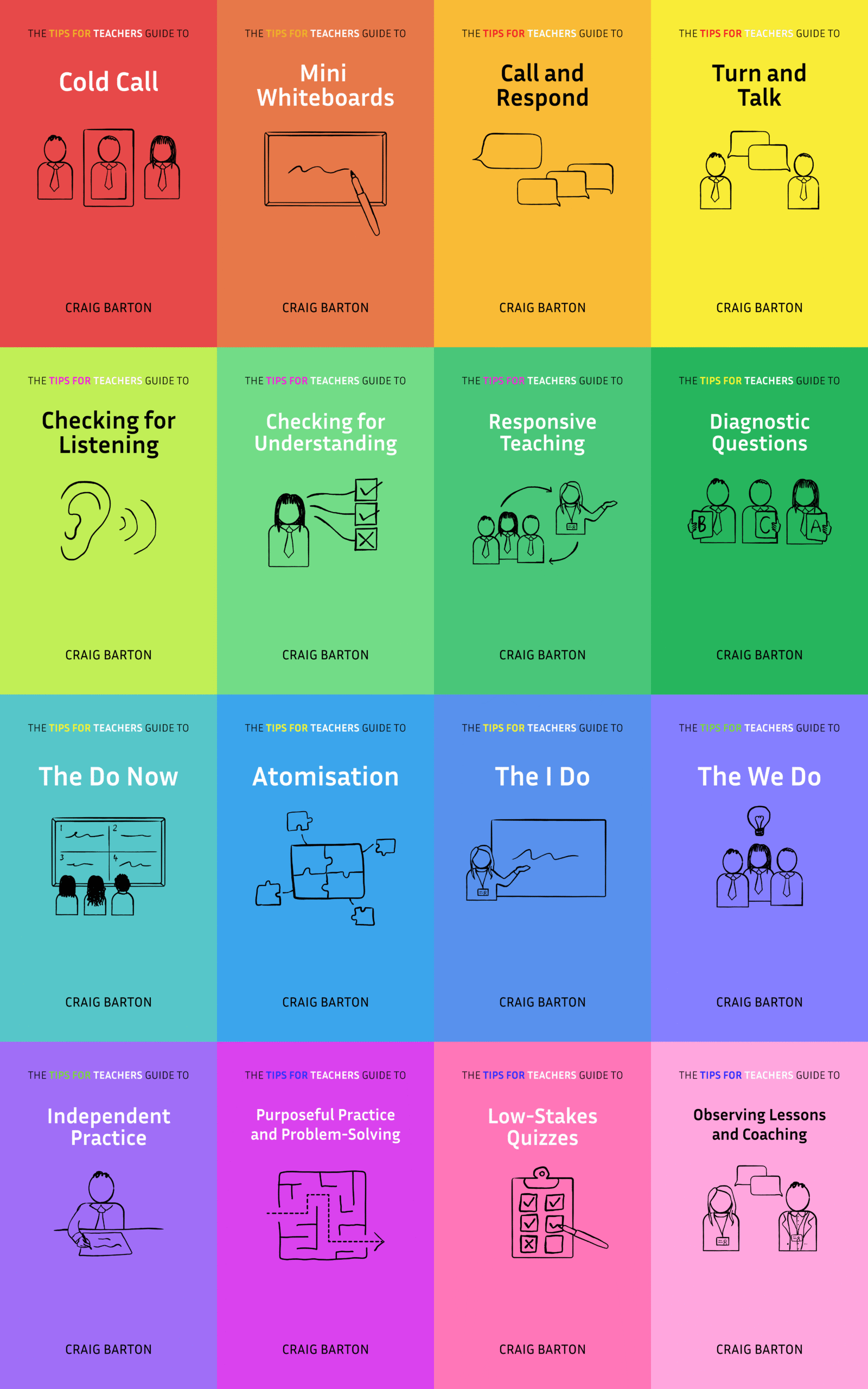Summary:
This YouTube transcript discusses the ineffectiveness of written teacher comments on student work. The speakers argue that providing real-time, verbal feedback is far more beneficial for student learning than lengthy written comments based on marking schemes. They propose whole-class feedback and multiple-choice questions as superior alternatives, acknowledging that addressing diverse student needs requires careful planning and may necessitate utilizing teaching assistants. The conversation highlights the tension between the desire for recordable feedback and the pursuit of effective teaching strategies. Ultimately, the speakers advocate for abandoning written comments in favor of more impactful methods.
Time-stamps
The timestamps below point to key insights from the source about why teachers should not give students written comments and what they should do instead:
- 0:45 – Written comments are a terrible way of giving feedback.
- 1:55 – Feedback from written comments is true but useless. For example, telling a student they “need to infer more insightfully” is not helpful feedback because it does not tell them how to improve.
- 2:40 – Real-time, verbal feedback, like what a driving instructor might give during a lesson, is much more effective than delayed written feedback.
- 5:00 – Instead of writing individual comments on student work, teachers should use whole class feedback to address common errors and misconceptions.
- 5:45 – Teachers should anticipate potential problems and try to forestall them. For example, teachers should not move students to complex written tasks too soon.
- 6:35 – Teachers should use teaching assistants to provide targeted support to small groups of students who are struggling with particular concepts.
- 7:15 – Teachers should focus on improving their check for understanding in lessons so that homework is not full of surprises.
What are the key implications for teachers in the classroom?
- Written feedback should be replaced with whole class and verbal feedback. This is because written comments are often too vague and unhelpful for students, while verbal feedback allows for real-time, specific, and actionable feedback.
- Teachers should strive to improve their check for understanding during lessons. When teachers have a clear understanding of student comprehension, they are less likely to encounter unexpected issues in homework, leading to more effective whole class feedback.
- Delay assigning complex writing assignments. Instead of rushing into complex tasks, teachers should dedicate sufficient time to teaching the necessary concepts. This preparation helps prevent a wide range of errors in student work and makes feedback more manageable.
- Utilize teaching assistants for targeted support. When students struggle with specific concepts, teaching assistants can provide valuable support by working with small groups to address those challenges.
- Consistently address recurring issues. If certain errors persist, teachers should address them not only in the immediate lesson but also in subsequent lessons, ensuring students fully grasp the concepts.
- Capture and record verbal feedback. While acknowledging the value of real-time verbal feedback, teachers should still find ways to record and document this feedback for accountability and tracking purposes. For example, they might use a checklist or rubric to note which students are struggling with specific concepts.









